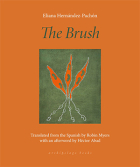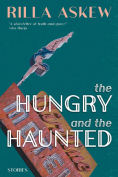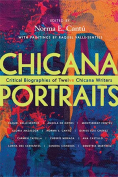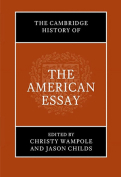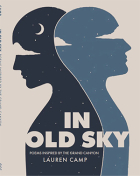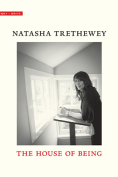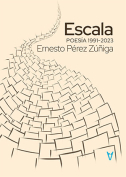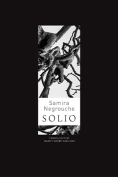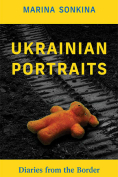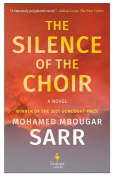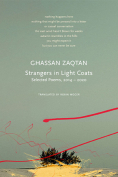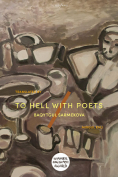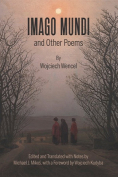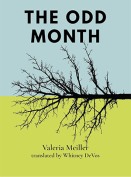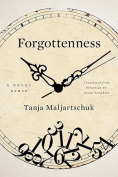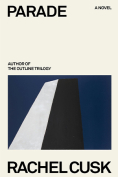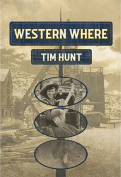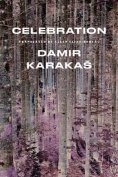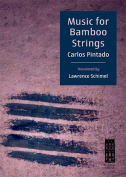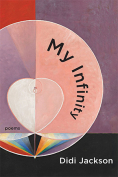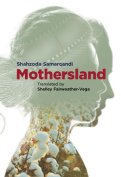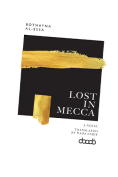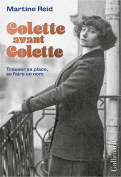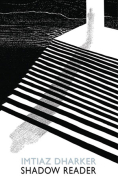Escala: Poesía, 1991–2023 by Ernesto Pérez Zúñiga
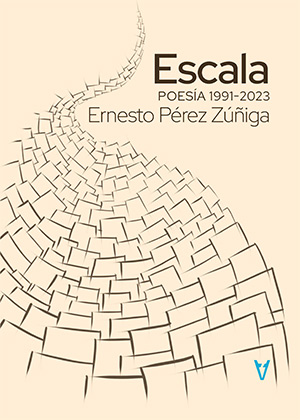 Granada. Sonámbulos Ediciones. 2023. 176 pages.
Granada. Sonámbulos Ediciones. 2023. 176 pages.
All poetry anthologies offer readers a panorama of a writer’s life work as well as a view of the different creative stages through which the author has traveled. Such is the case with Escala (Scale), by Ernesto Pérez Zúñiga (b. 1971, Madrid), which includes a superb selection of works from his seven collections of poems, from El vigilante (1991; The watchman) to Lance (2021; Turning point). Seven previously unpublished texts are also included in this volume.
In a brief introductory essay, Pérez Zúñiga reflects on the many meanings of the word chosen for the volume’s title: “Scale because each book is a milestone in the journey. . . . Scale because this anthology frames, to a certain degree, a part of what was written. Musical scale. Because poems are musical constructions that use words to unite the mysterious flow of images, thoughts and intuitions that merge in verse. And ‘secret scale’ too, in the words of Saint John of the Cross,” because each book is “one more step of consciousness” in the vital and creative adventure of a writer.
Pérez Zúñiga’s poetry is nurtured by the best of the Spanish poetic tradition. His verses engage in profound intertextual dialogues with the works of Jorge Manrique, Federico García Lorca, Pablo Neruda, and, most importantly, Saint John of the Cross. Dante’s Divine Comedy is also an important reference, particularly when reading Siete caminos para Beatriz (2014; Seven ways toward Beatriz). Dialoguing with influences, however, cedes to an original and singular poetic voice. Pérez Zúñiga’s verse is measured and serene, the product of his meticulous craft with words, careful observations of the outside world, and constant inquiry into the mysteries of the human condition. In an insightful foreword, Andrés Soria Olmedo points out that Pérez Zúñiga’s poetry is composed of a variety of voices that account for the many “selves that we are in time.” In this sense, “each poem represents a small awakening for the poet.”
From this plurality of voices and awakenings, diverse themes emerge in Pérez Zúñiga’s poetry. These include portraits of the poetic self’s inner world, which are at times alienated and suffering, as in “Ghost City” or “Confirmation of the Bonsai Man,” to observations of the external world that point to the hollowness of our present reality and social criticism, as in “The Players” or “Bonsai Legend.” At the same time, we find a constant search for absolute harmony with the mysteries of the cosmos, as seen in “You Have Entered the Spinning Wheel,” “I Drink Like an Immortal,” and “Letter I.”
Reading the poetry of Pérez Zúñiga means accompanying a poetic self who observes the outside world with critical eyes but who also deeply probes the cosmos and its mysteries. Poetry is the best vehicle for undertaking these searches, as “Letter XXXVIII,” the volume’s closing poem, powerfully suggests. With Escala, readers can now search alongside Pérez Zúñiga thanks to this masterful selection from the author’s rich body of work.
César Ferreira
University of Wisconsin–Milwaukee


